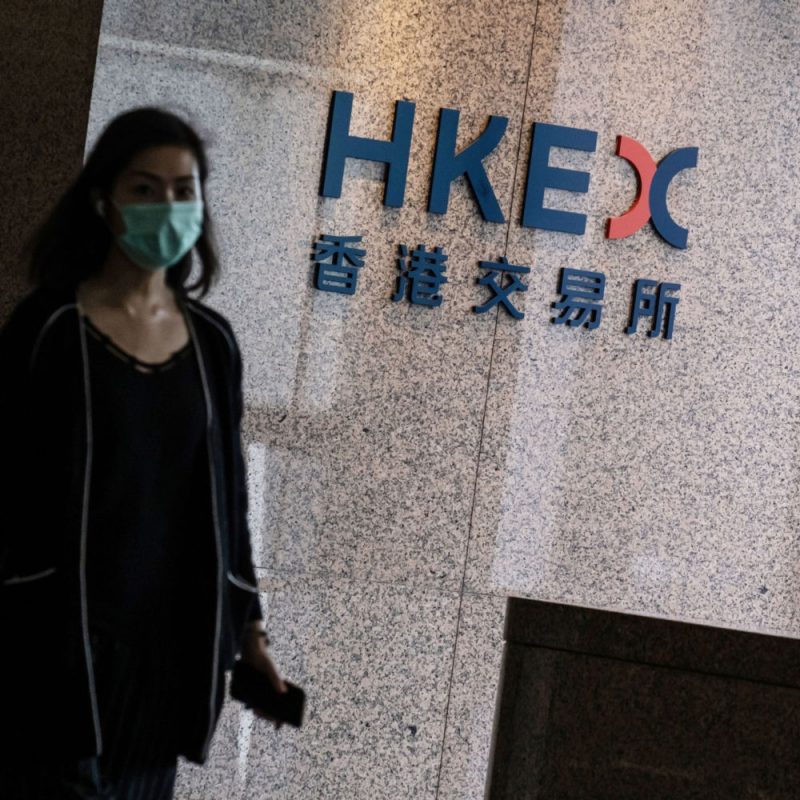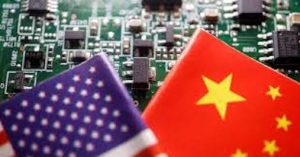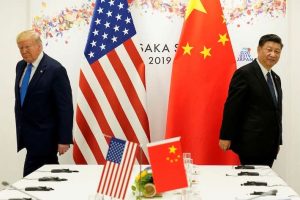Singapore looks likely to embrace the SPAC phenomenon next but will Hong Kong be able to get past its market regulations and become the Asia-Pacific region’s alternative IPO hotspot?
Year 2020 was a blossom year for Special Purpose Acquisition Companies (SPACs) with about 250 SPACs launched in the US, raising around US$83 billion from the capital market.
This alternative IPO fundraising frenzy continued to gain momentum during the first quarter of 2021 but, frankly, SPACs are not something new in the securities industry and have been around for several decades.
So, what are the main reasons for SPACs, also known as blank cheque companies, becoming the hot thing of of recent years?
Read also: Asian SPAC targets better positioned than slow-moving exchanges
With many uncertainties in the current capital market, will sponsors of SPACs continue to look at Asia as the breeding ground for unicorns – start-ups valued at least US$1 billion – for merger and acquisitions?
It is undeniable that a SPAC provides an efficient and effective mechanism for fast-growing and high-value start-ups to raise funds. Basically, a SPAC is an exchange-listed shell company, aiming to raise funds by an initial public offering (IPO) to acquire unspecified enterprises through a much cheaper and faster listing process than the conventional IPO.
Normally, a SPAC merger and acquisition only takes between 18 to 24 months to complete. Thus, from market capitalisation and investment period perspectives, high-value start-ups or unicorns are, by nature, considered as ideal target companies for SPAC acquisition.
A large number of tech unicorns with IPO-readiness from Asia are being brought into the pipeline with the region always a nest for prospective technology start-ups, such as record high unicorns Bytedance and Didi Chuxing.
DIGITAL CULTURE
Its huge population, significant markets and lively digital culture have nourished a number of unicorns and, according to CB Insights’ Global Unicorn List, as of October 2020, there were 171 Asia unicorns on the list, out of which 119, and another 23 organisations, were from China and India respectively.
On a worldwide basis, there are 490 unicorns. In other words, Asia represents more than one-third of the total. This provides a good reference for many PE firms and venture capitalists in Asia who are thinking about an ideal exit strategy with high liquidity and return.
Many market players believe that the strong stimulus from the US’s central banking system, extremely low interest rates and huge liquidity in the capital market were the strong driving forces for SPACs last year.
Apart from these, the significant increase in tech companies in Asia and their active fundraising activities are also the significant driving forces.
UNICORNS HUNT
In 2020, the Covid-19 pandemic across the globe had become a catalyst for the hunt for fintech, proptech and biotech unicorns from Asia.
These sectors hold massive potential and just in January and February of 2021 alone there were 188 SPACs, which raised about US$58 billion from the US capital market.
Though the US remains as the harvest place of SPAC, the wave of activity has grabbed lost of attention in Asia. Last year, Asia-Pacific SPACs raised US$2.4 billion, which was 4 times that of the year before.
According to market research, there were 220 US-listed SPACs eyeing Asia thanks to the region’s scalable market and untapped private assets.
STRONG PIPELINE
Jonathan Zhu, a Hong Kong-based managing director at Bain Capital Private Equity, said: “Since there are a lot of companies in Asia waiting to go public, they may look to SPACs as an alternative IPO. I would imagine more to happen.”
According to Alex Ibrahim, head of international capital markets at New York Stock Exchange, the IPO market is much bigger in Asia and the pipeline is very strong an we will continue to see SPACs coming out in 2021.
Most of the fast-growing start-ups in the Asia Region are keen to explore merging with a SPAC due to its quick exit route. South-east Asian unicorns appear to be main targets in the region as they have less IPO experience, thus are more open to the SPAC alternative.
But following the record high in the first quarter this year, there was a precipitous drop-off in SPACs during April. The worst-performing SPAC stocks have dropped by 58% since the February peak. So is it a red-flag for a shifting landscape ahead?
OPTIMISTIC LANDSCAPE
According to KPMG, there’s seems to be an endless supply of capital looking for a home and Conor Moore, a national leader at KPMG Private Enterprise, a global professional services advisory, said he’s mostly optimistic about the landscape ahead, though he does see some changes coming.
Instead, with the current monetary and fiscal stimulus continuing to inject capital into the markets and investors pouring money into SPACs, there could changes with the key stakeholders in the capital markets.
The stock exchanges in Hong Kong and Singapore are going to take divergent approaches to the SPAC boom.
SINGAPORE RECEPTIVE
For Singapore, the stock exchange is likely to approve the formation of SPACs with IPO activities there far behind Hong Kong, making it country more receptive to SPACs as a growth engine.
As regards Hong Kong, it is Asia’s pre-eminent financial hub and one of the largest stock exchanges in the world and the Hong Kong Stock Exchange doesn’t yet support SPAC listings due to the complexity of the market and stringent regulatory requirements.
Will Hong Kong be the second SPAC hotspot after the US? It is still a debatable question. Let’s keep our fingers crossed and wait.
- Albert Yip is the Chairman of Syndicate Capital
Also on AF:
Huawei seeks new growth in fintech
Record demand for green deposits, loans and access to capital markets
























